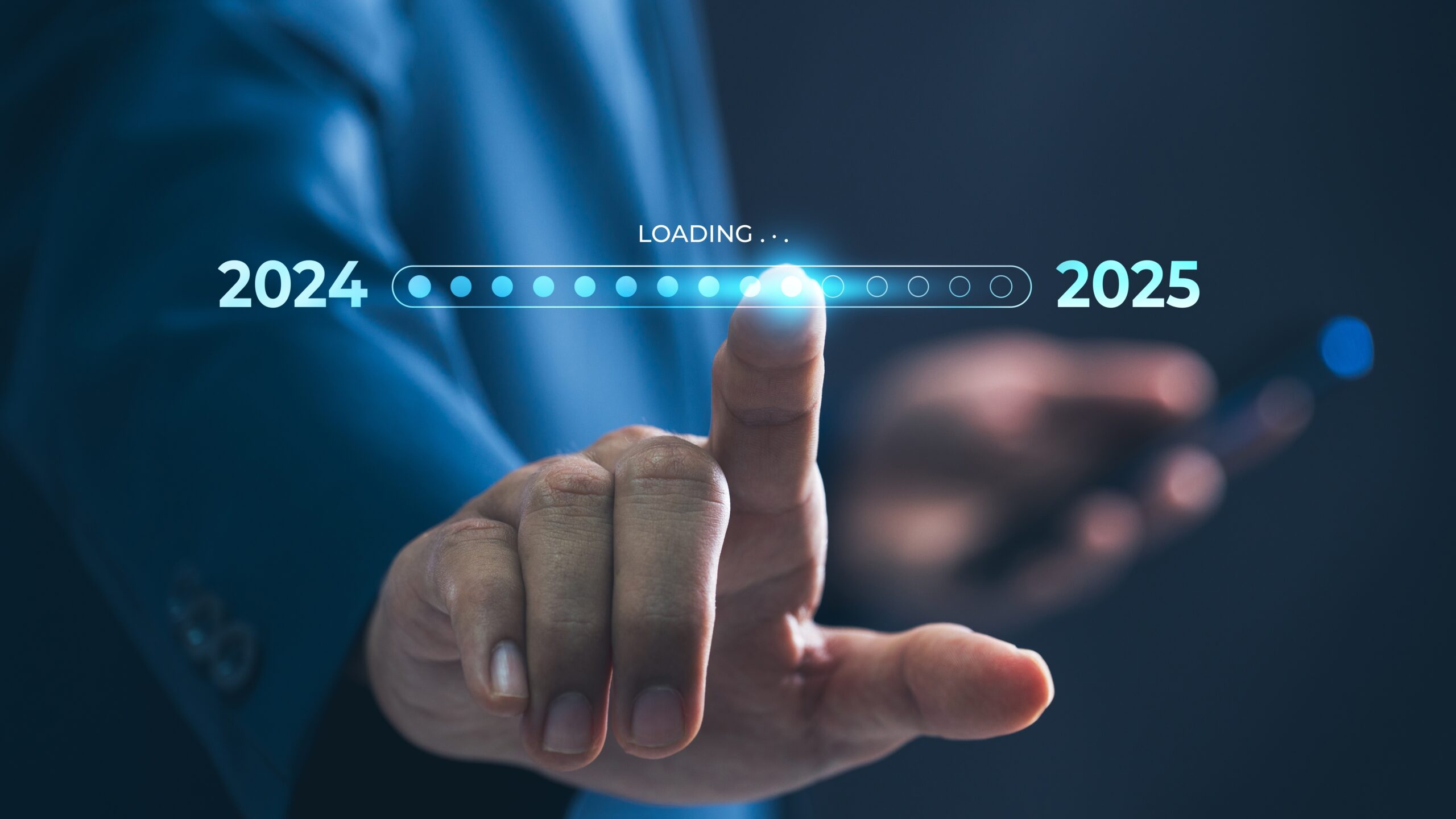There’s a famous quote by Winston Churchill that suggests “the longer you can look back, the farther you can look forward” which in many respects stresses the importance of the practise of reflection, but more broadly, the benefit of learning from as much of the past as is possible.
As we reach the end of another year and start to craft strategies, make plans and book appointments into 2025 its appropriate (and some would say imperative) that we take a moment to hop off the hamster wheel and reflect on the year that was, including what worked, what didn’t work and what we might do differently.
Surprising as it may seem, taking the time to reflect isn’t always a priority and often isn’t done well. Just think of the number of projects you have been involved with that were never reviewed properly. This can be down to several factors including a lack of knowledge and skill around the process, not committing the required time, or perhaps ultimately, we are worried about what might be uncovered.
Not surprising on the other hand, is research from the US* that would point to the benefits of reflecting on our previously accumulated experiences being superior to the benefit of accumulating additional experience, debunking to some degree that practice makes perfect. Experiential learning is a faster route to perfection it would seem. Furthermore, this same research found that taking the time to reflect has the potential to generate spillover effects to different but related tasks and importantly, reflection is mostly beneficial at the beginning of the learning curve when many mistakes and failures can derail our progress.
Whether as an individual or as an organisation, the process of reflection fosters personal and organisational growth and promotes emotional well-being. Here’s some other ways it can be of benefit:
- Increasing Clarity and Focus: By reflecting, we sift through mental clutter and pinpoint what truly matters, whether it’s a goal, a value, or a course of action.
- Learning from Experiences: Reflection allows us to extract lessons from our successes, triumphs and mistakes, enabling us to grow wiser and more resilient. It’s especially important for organisations to find a way to document this knowledge as the holders of much corporate knowledge continue to exit the workforce.
- Enhancing Decision-Making: Through thoughtful consideration, we make choices aligned with our authentic selves rather than acting impulsively or under pressure.
- Reducing Stress: Reflection creates a space for mindfulness, helping us process emotions and reduce stress by putting challenges into perspective. This can occur on an individual basis but also more broadly across your organisation. Employees take heart from the fact that organisations can learn from the past.
So, now with the “what’s in it for me” equation squared away, those looking for a more formal approach to reflection might be surprised to learn that numerous models exist that can assist the process and provide a structured framework for individuals and organisations to analyse their experiences, extract meaningful insights, and enhance the learning process. These models guide learners through self-assessment, promote deeper understanding and foster personal and professional growth. Four of these models are listed below with a brief description:
- Gibbs’ Reflective Cycle – Perhaps the most famous cyclical model encourages learning from experience systematically across six stages: description, feelings, evaluation, analysis, conclusion and action.
- What? So what? Now what? – Perhaps one of the simpler models uses these three questions to extract learning from any situation or experience.
- The Four Fs of active reviewing – similar to the above this approach looks at the facts, feelings, findings and future to distil learning from an experience and consider implications for future application.
- The CARL framework of reflection – reviews the context, action, results and learning to unpack the past and equally adopt learnings for future situations.
Although obvious, a similarity of most of these models is the inclusion of specific stages or steps to guide the reflective process. These stages typically involve identifying and describing the experience, analysing thoughts and emotions, evaluating outcomes, and planning future actions. Another commonality is the focus on both cognitive and emotional aspects of reflection. Reflective models encourage individuals to explore not just what happened but also how they felt and why, fostering deeper self-awareness and emotional intelligence. Lastly, reflective models are versatile, designed to be adapted across various contexts, from education to healthcare. Their universal applicability ensures they can be used by diverse individuals and organisations aiming to enhance their personal effectiveness, decision-making, and overall professional competence.
Ultimately, leveraging reflection as a deliberate practice drives better decision making, smarter, more agile strategy development and is just good form. It transforms past experiences into a roadmap for growth, equipping individuals and organisations to navigate uncertainty and achieve their goals more effectively. As Bernd Kroeber the visionary creative director and fashion designer so eloquently suggests “reflection is the gentle art of gazing inward, where the echoes of our thoughts reveal the hidden truths of our soul”



